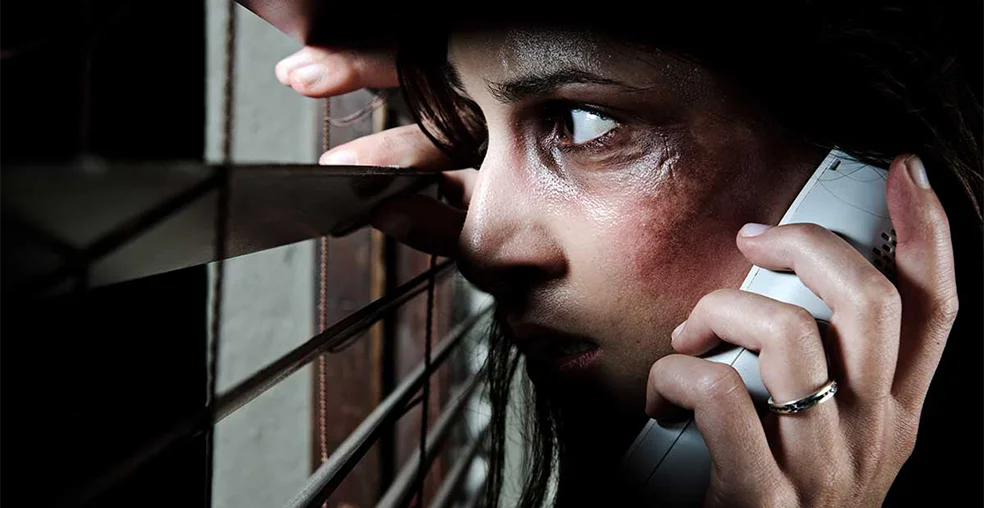When a person is accused of domestic violence, the other party may obtain a restraining order to keep them physically away. It can also grant the filing party temporary custody of the children, possession of a residence, and orders the accused to stop certain actions, which may include calling or texting the person. If a person has a domestic violence protective order levied against them, they may be required to pay the attorney’s fees of the accusing party. This can also be a major factor in a family law judge ordering the accused parent to pay child support and alimony in the case of separation or divorce.
Protective orders typically last for one year, but they may be extended if the court deems that you continue to be a threat. A conviction related to domestic violence can result in a jail sentence, or even years in prison if you are charged with a felony, depending on the severity of the case and the your record.












